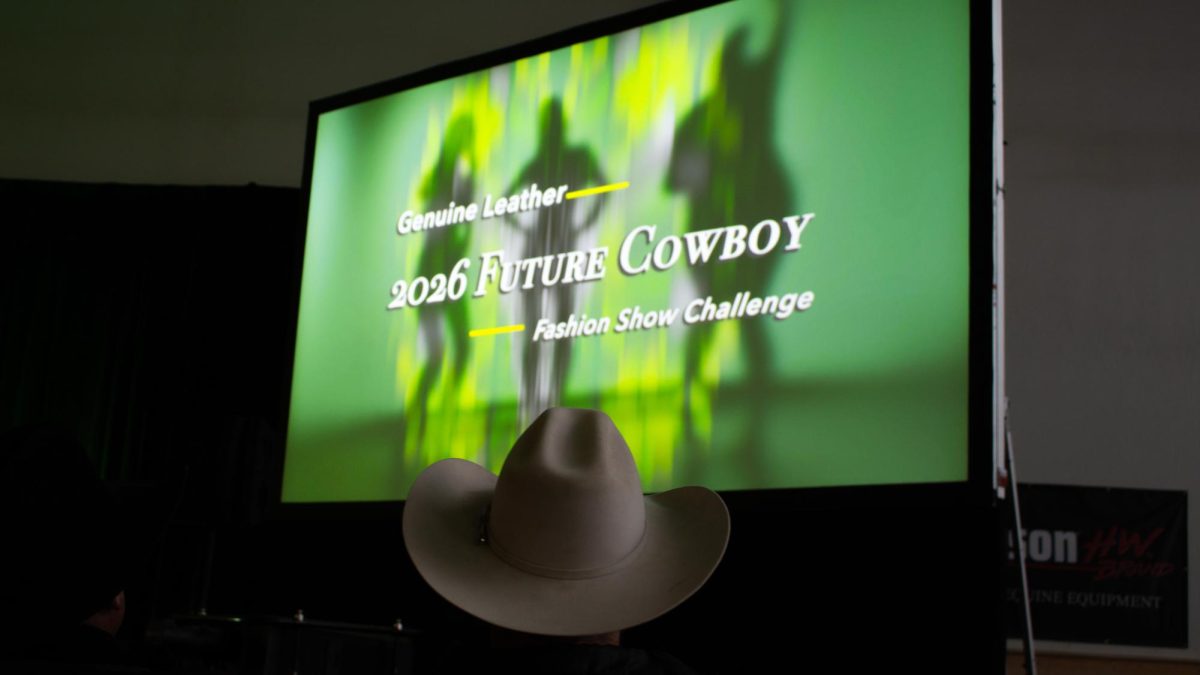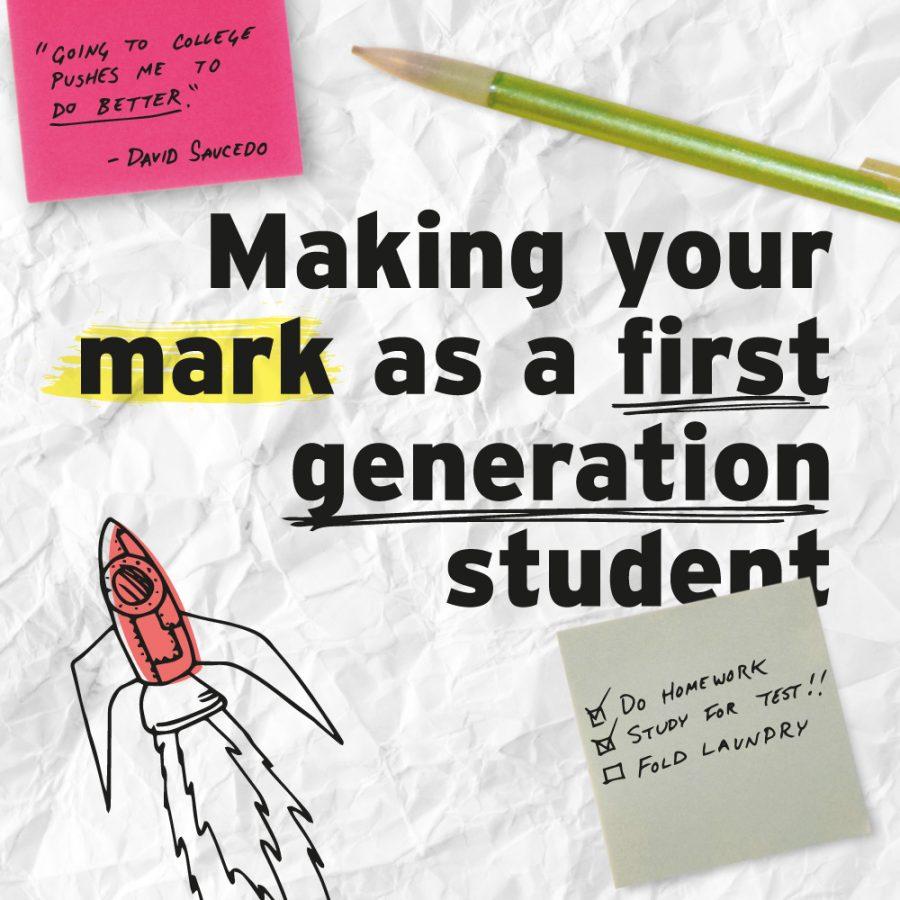Congratulations! It is our pleasure to announce that you have been accepted to Colorado State University!
We all waited in nervous excitement after the day we applied for college. When the day came with the opening of a letter, acceptance announcements were followed by an overwhelming euphoria: “I am actually going to college.”
The college experience is scary, exciting and stressful for young adults. The opportunity to learn about anything in the world is at students’ fingertips.
But homework, jobs and organizations on top of class can be overwhelming for many. And for some students, this is an experience they are learning all for themselves.
A first-generation student is a student whose parents or guardians did not acquire a four-year baccalaureate degree. From enrolling as a freshman to transferring after attending a different institution, college is a learning experience they must handle on their own.
Fabiola Mora, director of the Academic Advancement Center, explains, “A first-generation student is not the same as a first-in-the-family student. A lot of times we meet with first-generation students at orientation who are unfamiliar with the definition of the first-generation student.”
According to the University’s Institutional Research department, the percentage of first-generation students has remained steady for the past five years but spiked to 33% for the Fall 2018 undergraduate student body.
But what sparks this passion to attend college as a first-generation student?
Angel Mendoza, a senior at CSU majoring in business with a concentration in computer information systems, is a first-generation and TRIO student. The TRIO program is a federally funded program intended to promote equal educational opportunities for first-generation students to pursue higher education and help them overcome challenges while enrolled in school.
“College was expected from me because my parents immigrated from here, and I have a better opportunity so they really wanted a better future for me,” Mendoza said. “I felt like I agreed with society that it is a prerequisite to get a job.”
CSU is the first university in the country to establish a first-generation program through the First-Generation Scholarship. For decades, the CSU administration has built the programs and networks for first-generation student success.
College was expected from me because my parents immigrated from here, and I have a better opportunity so they really wanted a better future for me.” Angel Mendoza, senior majoring in business with a concentration in computer information systems
“In 1984, Paul Thayer lead the initiative to start the TRIO program and other programs to help first-generation students,” Mora said. “These programs have been at CSU for almost 40 years. CSU has a long history of providing for first-generation students.”
Challenges first-generation students face can take place in and outside of the classroom, but programs during orientation and throughout the school year helps students connect with their faculty and peers. Programs such as Community for Excellence, which structures collaborative environments throughout the campus, and the TRiO program are designed to support students who are a first-generation, low-income or students with disabilities. The Community for Excellence and other programs through the Academic Advancement Center are continuing to grow as more first-generation students enroll.
CSU hosts events throughout the school year designed to support both first-generation students and their families. Sitting down with parents to talk about how they can support their child in college and what the new relationship dynamic may look like is a commonly-held conversation.
For students, knowing the different aspects of a higher education system, from financial aid to tutoring sessions, are things that counselor’s mentor first-generation students through.
“Talking to faculty members can seem intimidating, so we hold workshops about how they can be mentors, write emails and talk to them during office hours,” Mora said. “We have found that (having) personal connections on campus makes a bigger impact on students.”
For Mendoza, the support network is outstanding.
“There really is a lot more support for first-generation students,” Mendoza said. “Going to college, I can’t ask my parents, ‘How was it and what can I expect?’ My first semester was rough, but all the programs here helped me get through it.”
David Saucedo, a senior at CSU majoring in business with a concentration in computer information systems, attended Colorado Mountain College to complete his associate’s degree in business. After visiting CSU, Saucedo fell in love with the school’s community and loved how supportive everyone is.
Going to college pushes me to do better … For me, it has been setting that example that it is not just about going to work after high school, it is about doing more than what you thought you could do.” David Saucedo, senior majoring in business with a concentration in computer information systems
For Saucedo, attending college was more than getting a bachelor’s degree.
“Going to college pushes me to do better. My parents didn’t go to college and I have two younger sisters,” Saucedo said. “For me, it has been setting that example that it is not just about going to work after high school, it is about doing more than what you thought you could do. One of my sisters is starting at Colorado Mountain College, too, and I’m really proud of her. It makes me proud knowing that I set that standard.”
The future for first-generation students at CSU grows stronger each year. The Academic Advancement Center is building its network to keep up with the increasing number of students.
Saucedo encourages students to always be curious to know more.
“Always ask questions,” Saucedo said. “Don’t be scared to put yourself out there because people are there to support you especially on a campus like this.”
As a message for future first-generation students, Mora said, “There is a place for you here. You deserve to be here and you have earned your spot at CSU.”































